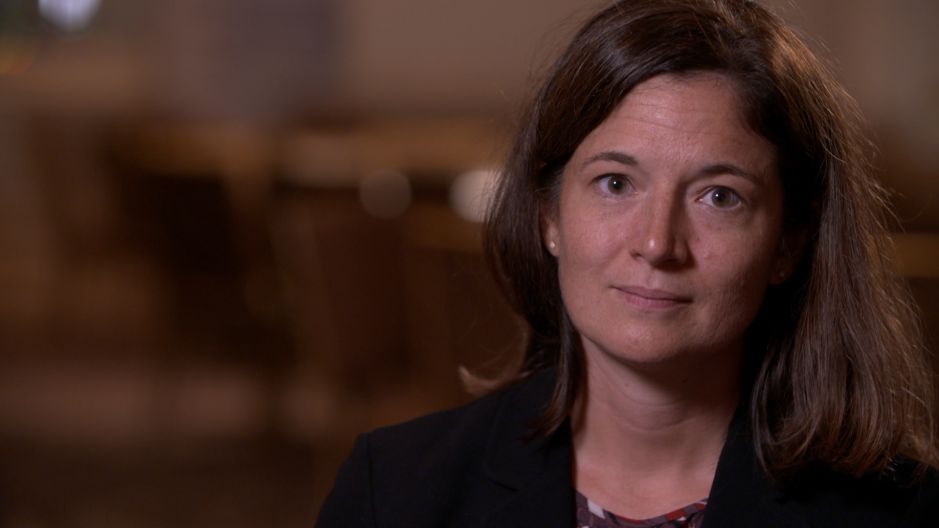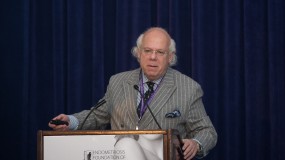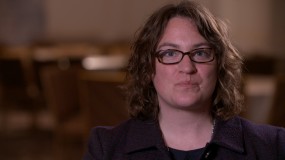Endofound Medical Conference 2017 "Breast, Ovary and Endometriosis" October 28, 2017 - Lotte New York Palace Hotel
Assistant Professor, Reproductive Endocrinology and Infertility University of Texas Health & Science Center at San Antonio
Interviewer: All right, we're now joined by Dr. Jennifer Knudtson, with the reproductive endocrinology and infertility at University of Texas health. You're also the assistant professor there?
Jennifer Knudtson: Mm-hmm (affirmative). Yes.
Interviewer: Okay. Well, thank you so much for joining us here today.
Jennifer Knudtson: Well, thanks for having me.
Interviewer: And you, actually one of the recipients of a grant from the Endometriosis Foundation of America.
Jennifer Knudtson: Mm-hmm (affirmative).
Interviewer: Talk a little bit about that grant.
Jennifer Knudtson: So, what we're looking at is trying to determine the role of estrogen receptor beta in the early endometriotic lesion. And the reason we think this is important is a lot of studies have shown that estrogen receptor beta is in the late lesions. And we know it's in the developed endometriosis, but what we want to know is it in the early lesion? And if it is, is there a way we can help, maybe, prevent recurring endometriosis in the future, or is there a way we can actually prevent it from forming?
Interviewer: And where are you currently in that study?
Jennifer Knudtson: We're in the beginning stages. We're looking at the actual cells and testing the receptor status, and then kind of correlating the receptor status to how sticky or how much those cells attach to other tissues.
Interviewer: And again, why is it so important that you kind of figure out what's going on the beginning? Do you think that's gonna have an impact on maybe future treatment or what is that going to do down the road?
Jennifer Knudtson: That's our hope. The hope is that so many women don't always respond to medical management, or they've had multiple surgeries, and so we have to look for other options to try to help their disease status. And so, if we can find more about the pathogenesis and why it develops, the hope is that we can help those women that aren't treated by the usual treatment options.
Interviewer: And just one last question. How do you try to empower young women that may have endometriosis?
Jennifer Knudtson: I think education is important, and the other is confirmation. I think these patients come in, they suffer this debilitating pain, and they need to hear it from someone that it is the disease. You know, and these are the things we can do to help, and as a specialist, trying to look into all the different options to really kind of tailor individualized treatment.
Interviewer: Thank you very much for being with us. That was good.










